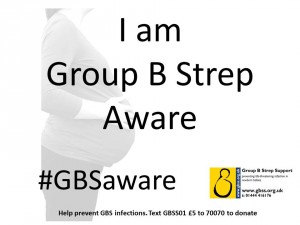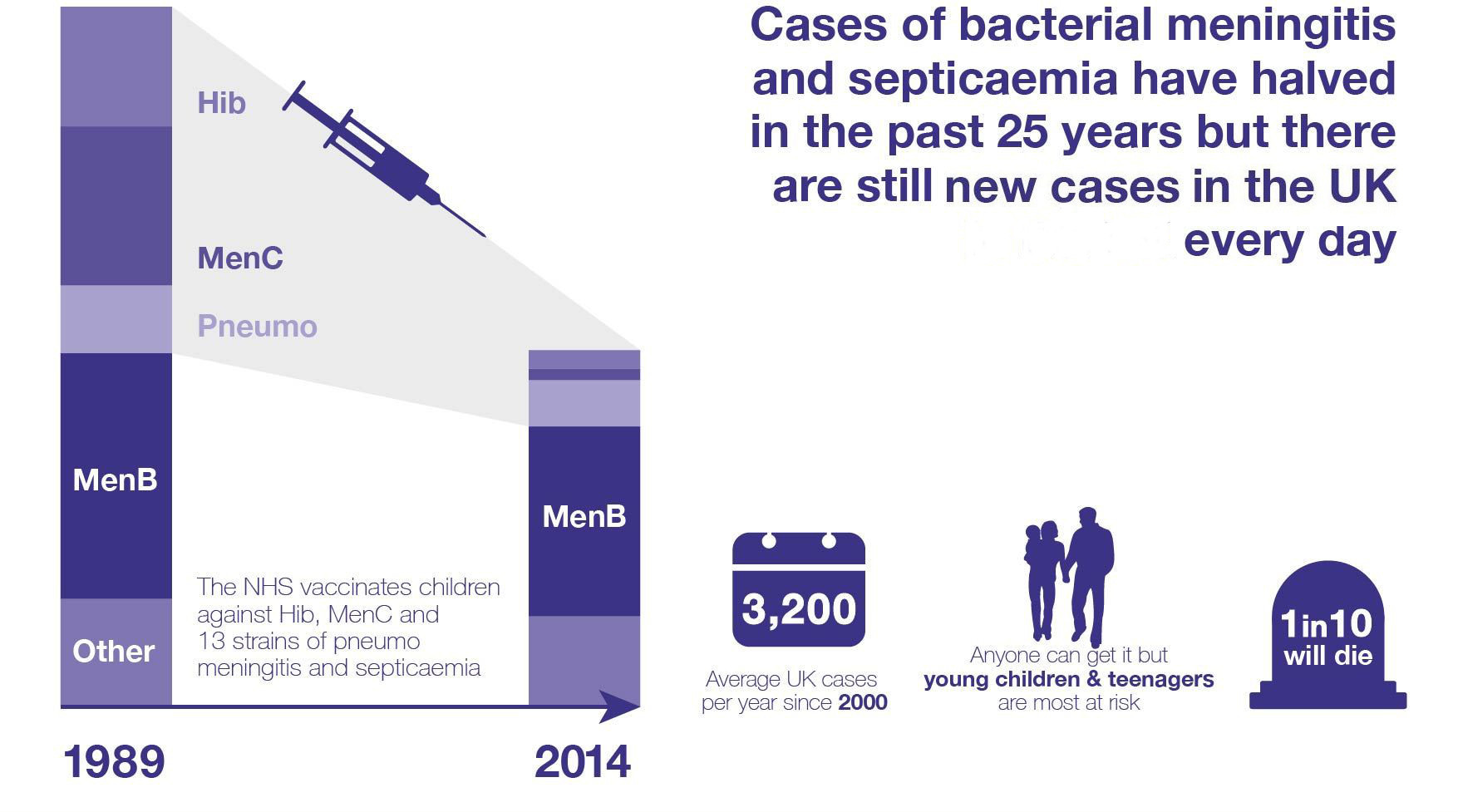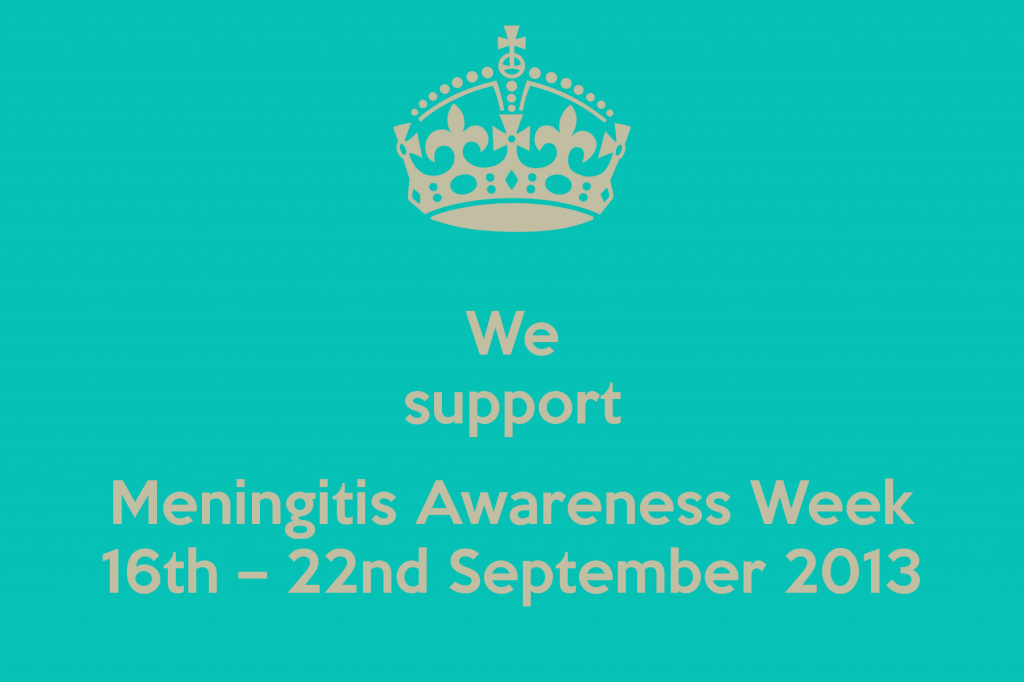
Group B Strep Support
Okay I know you seem to be bombarded with information about different medical and healthcare topics which I feel you should be aware of. Apart from health awareness being one of the key objectives of this blog the following blog post is I think of great value to any family expecting or planning a baby.
So what actually is Group B Strep and why do we need to know more about it. Well very luckily here the UK’s Group B Strep Support have produced a huge amount of useful information on their site which they allow bloggers to use to promote awareness of Group B Strep.
We have covered various infections in the past so you can check out previous blog posts here.
Before I share the information created by Group B Strep Support to raise awareness of Group B Strep can I direct you to their web site here. Many I also mention that unlike many advocacy groups I can think of ( you know who you are) Group B Strep Support have actually build a site which really works from a users point of view. Go Group B Strep Support we need more sites like yours!
They explain in a great document entitled Group B Streptococcal (GBS) infection in babies “Overview: Group B Strep is a deadly but preventable infection and is the most common cause of life-threatening infection in newborn babies in the UK. Each month, 48 babies develop GBS infection, of whom 5 babies a month die. 90% of these could be prevented – a saving of heartbreak for 43 families and an estimated annual net benefit of £37 million for the NHS. Countries with screening programmes have seen the incidence of GBS infection in babies fall by around 70%. This must happen here – guidelines issued in 2003 are ineffective: the incidence of GBS infection in babies rose in England, Wales & Northern Ireland by over 51% between 2003-08.
Clinical Features: In babies: meningitis, pneumonia and septicaemia (blood poisoning). Pregnancy-related: stillbirth, septicaemia, infection of the ‘waters’ and urinary tract infection.
Cause: A bacterium – Streptococcus agalactiae (group B Streptococcus, group B Strep, GBS, Strep B).
Incidence: The 2008 figures for England, Wales & Northern Ireland of voluntarily reported, culture-proven cases of GBS infection report 470 GBS infections in babies aged 0-90 days – 66 per 100,000 live births. Adding estimated unreported cases increases this to at least 585 babies, but this isn’t the whole story. Including probable cases of GBS infection would increase the incidence significantly, potentially three fold.
Long-term problems: Cerebral palsy, blindness, deafness, speech problems, learning disabilities etc. 6 babies a month die from GBS infection. Half of the babies who develop GBS meningitis may suffer long-term mental or physical problems, and for 1 in 8 of these babies the handicaps can be severe. Each year, approximately 75 UK babies die from GBS infection and 40 suffer long-term problems.
Transmission: Up to 30% of adults unknowingly carry the GBS bacterium, commonly in the rectum and/or vagina – there are no symptoms. Bacteria from the vagina may spread to the baby around labour. Transmission after a baby is born is believed to be through skin-to-skin contact with a carrier.
Risk Groups: Pregnant women, the unborn baby and the newborn are at risk. For babies, the risk is higher where the mother carries GBS during the current pregnancy, her waters have broken for >18 hours, she goes into labour or her waters break prematurely, she has a fever in labour or has previously had a baby with GBS infection.
Current UK Practice:
Information: most pregnant women are not informed about GBS or about good preventative measures. Limited information appears in the Department of Health book given to first-time mums and nothing is routinely given to mums in their subsequent pregnancies. Every woman should be informed about GBS as a routine part of her antenatal care. The National Service Framework for Children, Young People & Maternity Services recommends pregnant women see their midwife at 25 weeks, ideal for information provision.
Current UK Guidelines:
The Royal College of Obstetricians & Gynaecologists (RCOG) published guidelines for a risk-factor approach for preventing GBS infection in newborn babies in 2003 (under review, due 2010/1). Their 2007 audit showed widespread failure to practice consistently with this guideline – none of the following is recommended by RCOG:
• 75% of units offer intravenous antibiotics in labour (IAL) for a previous maternal GBS test result without testing in the current pregnancy
• 57% don’t offer IAL for premature labour
• 49% don’t offer IAL for waters breaking >18 hours before delivery
• 49% offer a non-recommended antibiotic regimen
• 38% swab women who have previously had a baby with GBS infection
• 26% selectively or universally screen
Although hospitals increasingly have policies on preventing GBS infection in babies, the widespread failure to practice consistently with the RCOG GBS guideline clearly demonstrates a robust educational program is vital for both health professionals and pregnant women. Most pregnant women will not be told about GBS unless they specifically ask –most don’t know to ask but, even when they do, many health professionals aren’t informed themselves. Every institution in which babies are born should have a protocol for preventing GBS infection in newborn babies – at a minimum, these should comply with the RCOG Green Top Guideline 36.
Best Prevention Strategy:
Prevention programmes, using sensitive tests, have been adopted and found to work in many other European countries, as well as in the US, Canada and Australia and report reductions in GBS infection of up to 70%. Research shows the best prevention currently available uses both risk factors and sensitive testing of low-risk women late in pregnancy to identify which babies are at higher risk of GBS infection, then offering intravenous antibiotics in labour to their mothers. This could prevent 80-90% of GBS infection in newborn babies, compared with fewer than 60% using risk factors alone. Research published in 2007 reported this would save both lives and money – a net benefit of up to £37m a year in the short term and more longer term.
Testing for GBS:
Method: There is no routine testing for GBS in the UK. The NHS test available to detect GBS carriage, a standard HVS (high vaginal swab), is very insensitive, failing to find GBS in up to 50% of those carrying GBS when the swab is taken. Many health professionals don’t realise the HVS gives such a high false-negative rate. The Health Protection Agency’s Bacteriology Standard Operating Procedure 58 – Processing Swabs for Group B Streptococcal Carriage describes the recommended method for testing for GBS (low vaginal and rectal swabs, cultured using enriched media – ECM tests). Yet ECM tests are only available from 4 NHS trusts. All NHS testing for GBS carriage in pregnant women should use the ECM test: relevant health professionals should be informed of the difference between the tests and when each is appropriate.
Timing: The best time to test for GBS carriage in pregnancy is 35-37 weeks and the National Service Framework for Children, Young People & Maternity Services recommends pregnant women see their midwife at 36 weeks, which would be an ideal opportunity for taking swabs.
Availability: ECM tests are not available in most of the NHS, even to health professionals – this is archaic. At least, the ECM test should be available on request to health professionals. Until pregnant women are offered this test routinely in the NHS, they should be told the test is available privately and given information on how to get it.
The standard NHS test can be misleading, the recommend test is done by 4 NHS Trusts currently.
GBSS wants:
1. All relevant health professionals to be fully informed about GBS and every pregnant woman to be given clear and accurate information on GBS as a routine part of her antenatal care.
2. Sensitive Enriched Culture Medium (ECM) testing for GBS carriage (recognised as optimal by the Health Protection Agency and the Royal College of Obstetricians & Gynaecologists) to be freely available in the NHS.
3. Every low-risk pregnant woman to be offered a sensitive test for GBS carriage at 35-37 weeks of pregnancy, free of charge (and, until these tests are freely available, all pregnant women should be told these tests are available privately or directed to the GBSS website where they can find out about them).
4. Every high-risk pregnant woman (those who have had a baby with GBS infection, those with GBS bacteria during the current pregnancy and/or 2 or more of: GBS carriage, mum having a fever in labour, premature labour, premature waters breaking, prolonged waters breaking) to be recommended to have intravenous antibiotics from the start of labour until delivery.
5. Every higher-risk pregnant woman (those with only one of: GBS carriage or mum having a fever in labour or premature labour or premature waters breaking or prolonged waters breaking) to be offered intravenous antibiotics from the start of labour until delivery.
Research estimates this could prevent 80-90% of GBS infection in newborn babies in the UK.
Until sensitive testing is routinely available for all pregnant women, GBSS wants:
1. The Royal College of Obstetricians & Gynaecologists’ guidelines to be fully implemented in all maternity units, and for policy and practice to be regularly audited against these guidelines.
2. All pregnant women to be given information on the availability of the sensitive ECM test in their area, whether that’s in the NHS or privately.
3. No further use of the ‘standard’ test within the NHS for detecting GBS carriage in pregnancy.
Reporting: Culture-proven cases of GBS infection are voluntarily reported to the Health Protection Agency. Probable cases of GBS infection should be included in any statistics, potentially increasing the incidence three fold.
Trends: GBS emerged in the 1970s as the most common cause of infection in newborn babiest. GBS infections are increasing – the Health Protection Agency reported a 51% increase in the incidence of GBS infections in babies aged 0-90 days to 470 in 2008 from 311 in 2003. That’s 9 babies a week, up from 6 babies a week, at a time when national prevention guidelines were being implemented.
“



